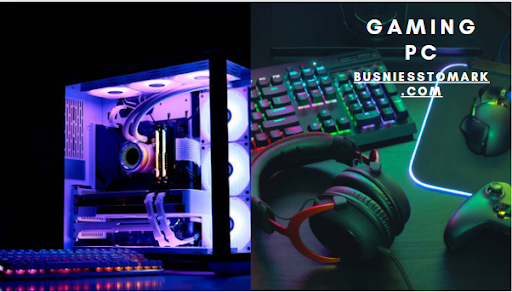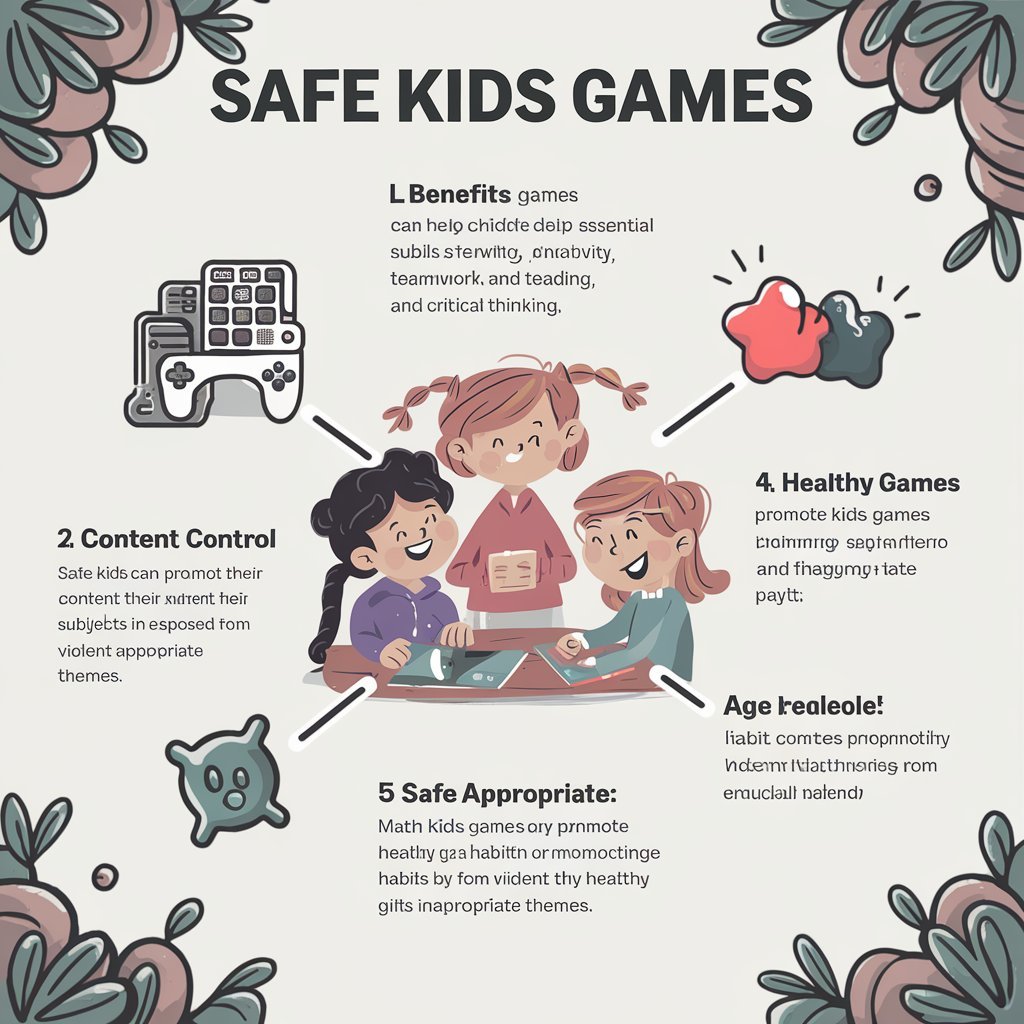Introduction
In gaming, the proper hardware can make all the difference between a smooth, immersive experience and a frustrating, lag-ridden one. For many gamers, investing in a high-performance gaming PC is the solution. Unlike consoles, which offer fixed capabilities, a gaming PC provides endless possibilities for customization, upgrades, and optimization.
Whether you’re a relaxed gamer hoping to improve your experience or a bad-to-the-bone lover looking for the zenith of execution, fabricating a gaming PC is a compensating venture. This guide will walk you through the key components, considerations, and tips for building or buying the ultimate gaming PC.
Understanding the Basics: What Is a Gaming PC?
At its core, a gaming PC is a personal computer designed to handle the demanding requirements of modern video games. Unlike standard PCs, gaming PCs have high-performance components that can handle intensive tasks such as rendering detailed graphics, processing complex calculations, and running games at high frame rates.
The appeal of a gaming PC lies in its versatility and power. Gamers can customize their setups to meet their specific needs, whether for playing the latest AAA titles at maximum settings, streaming gameplay online, or even engaging in game development. The ability to upgrade components also means that a well-built gaming PC can remain relevant for many years, adapting to new games and technologies as they emerge.
Critical Components of a Gaming PC
Building a gaming PC involves selecting the right components, each of which plays a crucial role in overall performance. Understanding the function of each element and how they interact is essential for creating a balanced and robust system.
- The Processor (CPU)
The central processing unit (CPU) is often referred to as the brain of the computer. It handles all the basic instructions that a computer needs to perform, including processing game logic, physics calculations, and more. Popular choices include the Intel Core i7 and i9 series and the AMD Ryzen 7 and 9 series. These CPUs offer excellent performance for gaming and multitasking, such as streaming and content creation.
- The Graphics Card (GPU)
The Graphics Processing Unit (GPU) is arguably the most critical component for gaming. It renders the monitor’s images, animations, and video. High-end GPUs like those from NVIDIA’s GeForce RTX series or AMD’s Radeon RX series are designed to handle the most graphically demanding games at high resolutions and frame rates. When choosing a GPU, consider the games you want to play and your monitor’s resolution and refresh rate. A powerful GPU ensures smooth gameplay and the ability to enjoy the latest visual effects, such as ray tracing.
Storage: SSD vs. HDD
Storage is where your games, operating system, and other data are kept. Solid State Drives (SSDs) have become the standard for gaming PCs due to their speed and reliability. Unlike traditional Hard Disk Drives (HDDs), SSDs have no moving parts, allowing faster data access and reduced game load times. A combination of an SSD for the operating system and games and an HDD for mass storage offers the best of both worlds: speed and capacity. NVMe SSDs, which connect directly to the motherboard via the PCIe interface, offer even faster speeds and are ideal for gaming.
Memory (RAM)
The computer uses Random Access Memory (RAM) to store data that is being actively used or processed. 16GB of RAM is typically sufficient for gaming, providing enough memory to handle most games and background applications. However, for future-proofing or more demanding tasks, such as video editing or running multiple virtual machines, 32GB or more may be recommended. Fast RAM with low latency can also contribute to overall system responsiveness, especially in memory-intensive games.
- The Motherboard
The motherboard is the backbone of the gaming PC, connecting all the components. When selecting a motherboard, ensuring compatibility with your chosen CPU and GPU and other features like RAM slots, storage connections, and expansion ports is essential. Features like overclocking support, Wi-Fi connectivity, and additional PCIe slots for future upgrades can also be necessary, depending on your needs. Popular motherboard brands include ASUS, MSI, Gigabyte, and ASRock.
- Power Supply Unit (PSU)
The Power Supply Unit (PSU) provides power to all the components in the PC. Choosing a PSU with enough wattage to support your system’s power needs and some extra headroom for future upgrades is crucial. A high-quality PSU with an 80 Plus certification ensures efficient power delivery and reduces the risk of damage to your components. Modular PSUs, which allow you to connect only the cables you need, can help with cable management and improve airflow within the case.
- The Case
The case houses all the components of your gaming PC and plays a role in aesthetics and cooling. Cases come in various sizes, including full-tower, mid-tower, and mini-ITX, depending on the size of the motherboard and the number of components you plan to install. A well-ventilated case with good airflow is essential for keeping your components cool, especially during long gaming sessions. Many cases also offer customizable RGB lighting and tempered glass panels, allowing you to showcase your build.
Cooling Systems
Keeping your gaming PC cool is vital for maintaining performance and longevity. Most systems use a combination of air and liquid cooling. Air cooling, with fans and heatsinks, is the most common and cost-effective solution. However, for high-end builds or overclocked systems, liquid cooling offers superior thermal performance and can reduce noise. All-in-one (AIO) liquid coolers are famous for their ease of installation and sleek appearance. In contrast, custom loop liquid cooling provides the best performance and customization options.
Conclusion
Building or buying a gaming PC is a significant investment that can provide years of enjoyment and performance. By understanding the key components, weighing the pros and cons of building versus buying, and taking steps to optimize and future-proof your system, you can create a gaming PC that meets your needs and exceeds your expectations. Whether you’re a casual gamer or a dedicated enthusiast, a suitable gaming PC can transform your gaming experience and open up new possibilities in digital entertainment.




